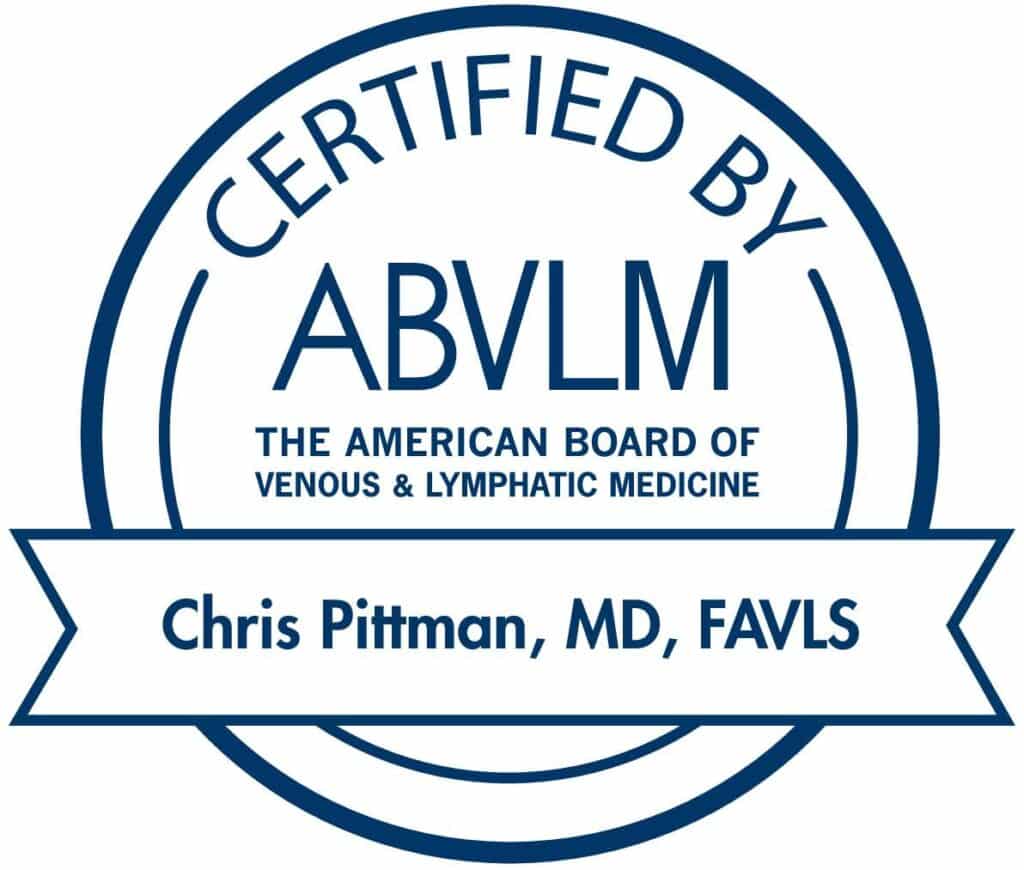What Is Lymphedema?
Lymphedema is the abnormal buildup of high-protein fluid of soft body tissues. This swelling most typically occurs in one of your arms or legs, although it can occur in both arms and legs. It can also occur in other areas of your body, including your breast, genitals, neck or head.
Causes of Lymphedema
This abnormal swelling generally presents itself when your lymph nodes are removed or your lymphatic vessels are damaged. It can also develop when your lymph vessels are impaired or missing as a result of a hereditary condition.
It is a common condition that results upon lymph nodes removal as a factor of cancer treatment. Infection, injury, scar tissue from surgery or radiation treatment may also be a causal factor.
In addition, if your lymphatic system (which is a component of your immune system) is blocked, your lymphatic fluid is prevented from draining optimally, which leads to fluid buildup and swelling.
Lymphedema can occur as a result of treatment of certain cancers, including:
- Breast cancer
- Uterine cancer
- Prostate cancer
- Melanoma
- Vulvar cancer
- Ovarian cancer
Risk Factors of Developing Lymphedema After Cancer Treatment
You have an increased risk of developing lymphedema swelling after cancer treatment if you are:
- Overweight or obese
- Are older
- Have rheumatoid arthritis
- Have psoriatic arthritis
Lymphedema Treatment Options
As there is no absolute cure for lymphedema, however, lymphedema treatment includes focusing on managing and reducing the swelling and discomfort related to the condition. Your treatment may include:
- Doing light exercises. Non-strenuous exercises in which you move your swollen limb may encourage excess lymph fluid to drain.
- Wrapping the affected limb. This encourages fluid to flow back to your trunk.
- Massage therapy. A special type of massage involving manual lymph drainage may help with the flow of fluid out of your affected leg or arm.
- This includes wearing a pneumatic compression sleeve or compression garments to promote the flow of lymph fluid to your trunk.
In severe lymphedema cases, your doctor may suggest surgery to remove excess arm or leg tissue.
If you have lymphedema, it is extremely important that you practice excellent hygiene and watch for signs of skin breakdown, infection, or injury to the affected limbs.
Vein911® Vein Treatment Centers is the premier vein treatment center in the Tampa, Wesley Chapel and Clearwater areas. We are dedicated to cosmetic and medical vein care. If you have or believe you have lymphedema, give Dr. Chris Pittman and our Tampa vein specialists team a call at (813) 544-8715.










